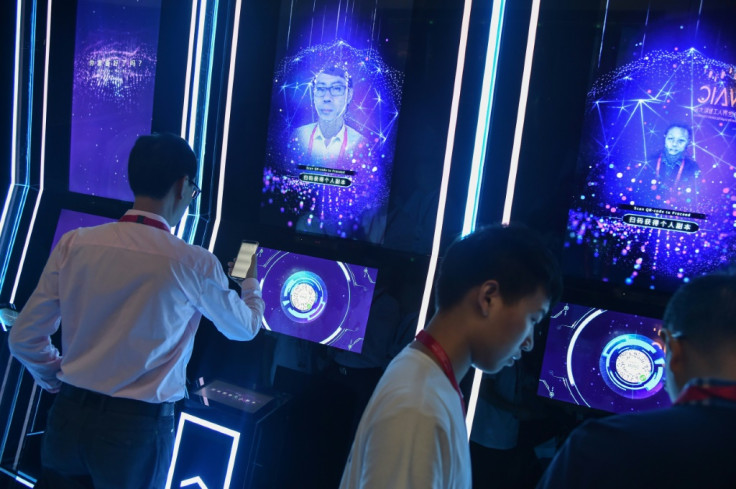Survey reveals UK managers express concerns over AI security and job losses
A recent survey conducted by CMI reveals that UK managers are increasingly worried about the security risks and potential job losses associated with AI.

According to a recent Chartered Management Institute (CMI) poll, UK managers are increasingly concerned about the ramifications of AI technology. Leaders have expressed concerns about security vulnerabilities as well as potential employment losses within their firms.
The survey's findings align with Prime Minister Rishi Sunak's pledge during London Tech Week to establish Britain as a global hub for "safe" AI. Furthermore, it comes on the heels of the Prime Minister's announcement that the UK will hold a global summit on AI safety this Autumn.
The survey of over 1,000 UK-based managers found that the vast majority of managers (75%) are concerned about the security and privacy dangers of utilising AI technologies, with two in five managers (43%) saying they are concerned that jobs in their organisations will be at risk due to AI.
When asked how prepared their organisation is for new AI technologies, a little over half of managers (52%) believe it isn't keeping up with the latest developments in AI technology, while only one in five (20%) say it is. Worryingly, only 4 per cent of managers claimed they had gotten any training in the most recent AI, such as ChatGPT or Google's Bard. In addition, less than one-tenth (7%) of managers feel that staff in their organisation are appropriately equipped to work with AI technology, with the majority (72%) disagreeing.
The study also discovered that there is limited adoption of existing AI tools by managers. Despite its considerable media presence, a majority of managers (62%), according to the poll, have never utilised ChatGPT.
The Chartered Management Institute, as a result, is urging leaders and managers to better educate themselves and their teams on new Artificial Intelligence technologies and to embrace its potential benefits.
Responding to the study, Anthony Painter, Policy Director at the CMI, points out that the greatest risk is not AI fundamentally altering work and organisations, but rather the anxieties around AI impeding the UK's capacity to capitalise on its potential benefits.
He stated: "Our survey supports this notion and suggests that British workplaces are ill-prepared to harness the new wave of AI. Economically, we will pay a significant price for this."
According to Painter, managers will be responsible for ensuring that AI is widely adopted in businesses and organisations across the UK, but their concerns may prevent companies from capitalising on the opportunities that these new technologies present.
He further said that indeed, much greater regulation of these technologies is needed, but managers need to be more daring, educate themselves on these new technologies, and seize the opportunities they offer.
Painter stated: "AI technology has the potential to make managers' lives easier with the tools able to rapidly analyse data, automate repetitive and mundane tasks, and better track company performance. Companies must train and prepare managers to handle these technologies if the UK is to fund a way out of the economic doldrums."
Meanwhile, Artificial Intelligence, based on a recent PwC research, demonstrated that British staff were not enthusiastic about it. A reported 19 per cent believe AI will help them increase productivity and efficiency levels at work.
On the other hand, 31 per cent of workers globally believe Artificial Intelligence will help them with productivity and efficiency. Also, 27 per cent of global workers believe AI will present opportunities to become familiar with relevant new skills but only 17 per cent of British workers agree with that. An additional 12 per cent of British workers believe they will not be able to adopt AI-based attributes due to not being able to comprehend what is expected of them.
A reported 47 per cent of Britain's workforce are unaware of how Artificial Intelligence could possibly affect their job within the next five years, whilst 32 per cent think AI will not affect their job in the same time frame and 15 per cent are unsure if it will.
© Copyright IBTimes 2025. All rights reserved.






















